Coping with Grief

What Is Grief?
The death of a loved one is one of life’s toughest challenges. It can take weeks, months and even years to come to terms with the loss of a spouse/partner, parent, sibling or child. Often, the death of a loved one is life transformational and can throw your present and future into turmoil.
You are overcome with grief which comes in different forms and encompasses a range of feelings – you can feel shock, numbness, sadness, denial, despair, anxiety, anger, guilt, loneliness, depression, helplessness, disbelief, confusion, and difficulty concentrating.
How Do You Cope With Grief?
Develop a support network of friends and family if you don’t already have one. Share your feelings with people you trust and feel safe with. When you lose a loved one, other loved ones gain even more importance in your life and you need to turn to them for support.
Dealing With Change After the Death of a
Loved One
Changes in your interests, priorities and goals may affect your relationships after you lose a loved one. You may get closer to some friends or family members while you may grow apart from others. You may also develop new friendships.
You may no longer be interested in activities you previously enjoyed and you may develop new interests. These could include becoming involved in activities that were important to your loved one or volunteering.
Seek Help From Family, Friends & Experts
Given the emotional state you are likely to be in, it’s important that you take your time over major decisions. Make a list of tasks and postpone those that can wait.
Share household tasks and responsibilities. It will take time for you and your family to adjust to new responsibilities at home. Discuss changes in duties with other family members and establish a routine that everyone is comfortable with.
What You Should Not Do When You’re Grieving
Don’t suppress your feelings – allow yourself to cry and release your emotional pain.
Don’t isolate yourself – reach out to family and friends, stay connected over the phone if you can’t meet in person. Share your thoughts and feelings with those you feel safe with and don’t hesitate to ask for help, emotional support or whatever else you need, even if it’s just company to go for a walk.

Seek Help From Family, Friends & Experts
Given the emotional state you are likely to be in, it’s important that you take your time when taking major decisions. Make a list of tasks and postpone those that can wait. Share household tasks

Dealing With Change After the Death of a Loved One
Changes in your interests, priorities and goals may affect your relationships after you lose a loved one. You may get closer to some friends or family members while you may grow apart from others. You

How Do You Cope With Grief?
It is natural and healthy to grieve so allow yourself to do so without feeling guilty or ashamed, or judging yourself. There are no shoulds or shouldn’ts in the grieving process. Allow yourself to fully

What Is Grief?
The death of a loved one is one of life’s toughest challenges. It can take weeks, months and even years to come to terms with the loss of a spouse/partner, parent, sibling or child. Often,
